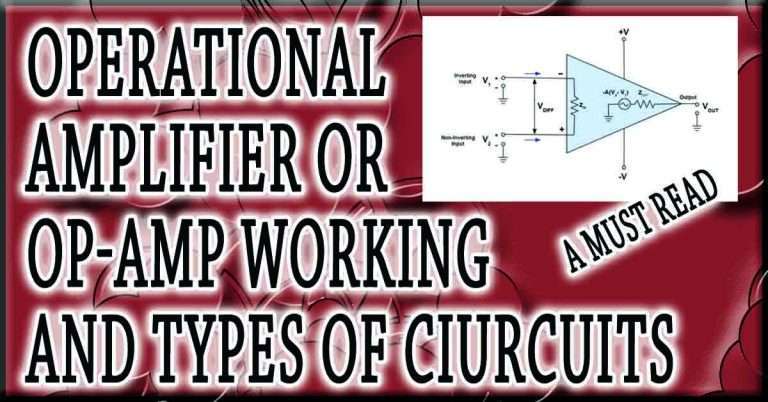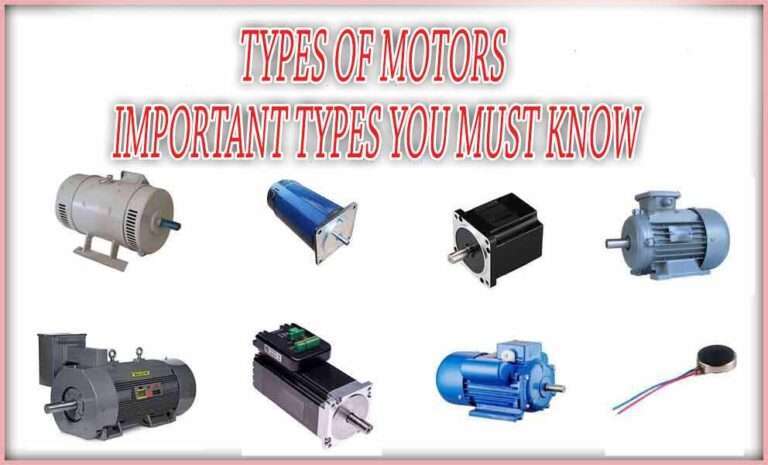Smart Home Technologies and Their Influence on Electrical Insurance
The rapid development of smart home technologies is remodeling the manner we stay, imparting unprecedented comfort, security, and electricity performance. However, beyond those obvious blessings, an vital but often left out element is how those technologies impact electrical insurance regulations and charges. As clever houses become an increasing number of widespread, each house owners and insurers are navigating new territory.
This blog post explores how the combination of clever home technology is impacting electrical insurance, reshaping threat assessments, and altering top class structures.
Table of Contents

Understanding Smart Home Technologies
Smart domestic technologies embody a vast range of devices and structures designed to beautify the capability and performance of a domestic. These encompass smart thermostats, lights systems, protection cameras, door locks, and home equipment that may be controlled remotely thru smartphones or voice assistants. Additionally, advanced home automation systems can integrate those devices into a continuing ecosystem, responding to the house owner’s conduct and options.
The Impact of Smart Home Technologies on Risk Assessment
Insurance corporations base their premiums on the perceived chance of insuring a domestic. Traditionally, factors together with the age of the property, its area, the materials used in production, and the presence of protection capabilities (like smoke detectors and alarm systems) play a critical position in determining coverage charges. Smart home technology at the moment are coming into this equation, providing new records factors for chance evaluation.
Enhanced Security:- Smart safety systems, together with surveillance cameras, clever locks, and alarm systems, appreciably reduce the threat of theft and vandalism. Real-time signals and far off monitoring abilities make certain that any suspicious pastime may be speedy addressed, often before any damage takes place. Insurers recognize those advantages, which could result in lower rates for houses equipped with superior security functions.
Fire Prevention and Detection:- Smart smoke detectors and carbon monoxide detectors provide advanced safety over traditional fashions. These gadgets no longer simplest alert house owners to potential dangers however can also be integrated with other clever structures to take preventive actions, which includes shutting off gasoline elements or notifying emergency offerings. The decreased risk of fireplace damage interprets to decrease insurance claims, making insurers more inclined to provide decreased premiums.
Water Leak Detection:- Water damage is a commonplace and expensive trouble for house owners. Smart water leak detectors can become aware of leaks early and ship signals to house owners, making an allowance for prompt movement to save you widespread harm. By mitigating the danger of water-associated claims, those gadgets can affect insurers to alter rates favorably.
Energy Management and Electrical Safety:- Smart domestic technologies that display and control electricity use can also decorate electric safety. Smart plugs and stores, for instance, can close off electricity to devices that aren’t in use, lowering the threat of electrical fires. Furthermore, clever thermostats and power management structures can prevent overheating and overloading of electrical circuits, contributing to normal domestic safety.
The Influence on Electrical Insurance Policies
The integration of smart domestic technologies necessitates a reevaluation of traditional electric insurance guidelines. Insurers are beginning to adapt their offerings to reflect the decreased risks related to smart homes. Here are a few ways this have an impact on is manifesting:-
Premium Discounts:- As stated, homes ready with clever security, fire prevention, and water leak detection structures are frequently eligible for top class discounts. Insurers admire the proactive method to hazard mitigation that those technology represent, resulting in capacity financial savings for owners.
Tailored Coverage Options:- With the increasing complexity of smart home systems, insurers are growing specialised coverage alternatives tailor-made to those technologies. This may consist of insurance for the restore or replacement of clever gadgets, safety in opposition to cyber threats focused on linked systems, and extended warranties for excessive-cost clever domestic additives.
Usage-Based Insurance Models:- The facts amassed through smart domestic devices lets in insurers to undertake utilization-based totally insurance models. By analyzing real-time information on how a domestic is used and the overall performance of its systems, insurers can offer greater personalized policies that reflect the actual hazard profile of the home. This can lead to more correct pricing and potentially decrease charges for homeowners who keep their smart domestic structures properly.
Incentive Programs:- Some insurers are introducing incentive programs to inspire the adoption of clever domestic technologies. These applications may provide subsidies for buying smart gadgets, provide set up services, or offer top class reductions for houses that meet sure smart era standards. By promoting using clever domestic technologies, insurers goal to lessen the general threat and improve the safety and performance of the houses they cover.
Challenges and Considerations
While the combination of clever home technology offers clean benefits for electrical coverage, there also are demanding situations and concerns to maintain in mind:-
Cybersecurity Risks:- As houses grow to be greater connected, they also become greater vulnerable to cyber assaults. Insurers need to recall the capacity for hacking and facts breaches whilst assessing danger. Offering insurance for cyber incidents and promoting nice practices for securing clever home networks are essential additives of modern-day coverage guidelines.
Device Reliability:- The effectiveness of smart domestic technology in reducing threat is contingent on their reliability. Insurers need to account for the possibility of device malfunctions or screw ups. Regular preservation and updates are vital to ensuring that smart structures operate as supposed.
Consumer Awareness:- Not all homeowners are equally knowledgeable approximately clever home technology. Insurers may additionally need to provide schooling and assist to help policyholders recognize how to use and hold their smart gadgets successfully. This can beautify the blessings of those technology and make sure that house owners maximize their impact on safety and chance discount.
Conclusion
The affect of smart home technologies on electric coverage is a dynamic and evolving panorama. As these technology hold to improve and grow to be more large, their effect on coverage policies and rates will best develop. Homeowners who spend money on smart home systems stand to benefit no longer handiest from more advantageous convenience and protection however additionally from ability cost savings on their insurance rates. Meanwhile, insurers have the possibility to leverage these technology to higher examine risk, offer extra customized insurance, and sell safer, more green homes.
By knowledge and embracing the synergy among clever domestic technologies and electrical insurance, each owners and insurers can navigate this new technology with self belief, reaping the rewards of a better, more secure destiny.
Worth Read Posts
- Power Transformer Testing
- Power Transformer Parts
- Hysteresis Loss and Eddy Current Loss
- Derivation of Hysteresis Losses
- Transformers: Important Types, Features & Components
- Transformer Tests Before Commissioning
- Transformer Electrical Interview
Follow us on LinkedIn”Electrical Insights” to get the latest updates in Electrical Engineering. You can also Follow us on LinkedIn and Facebook to see our latest posts on Electrical Engineering Topics.


